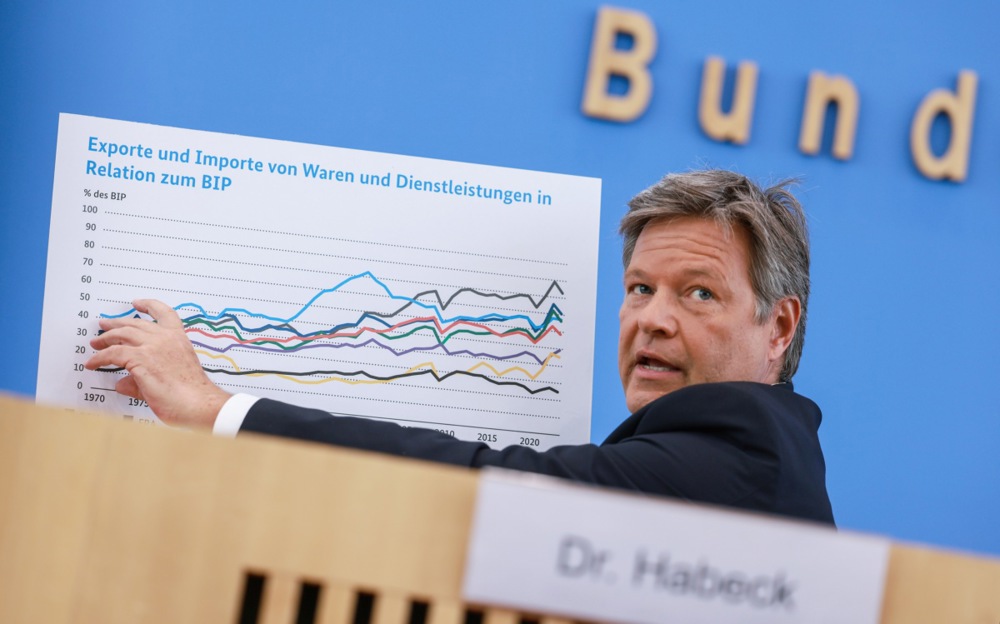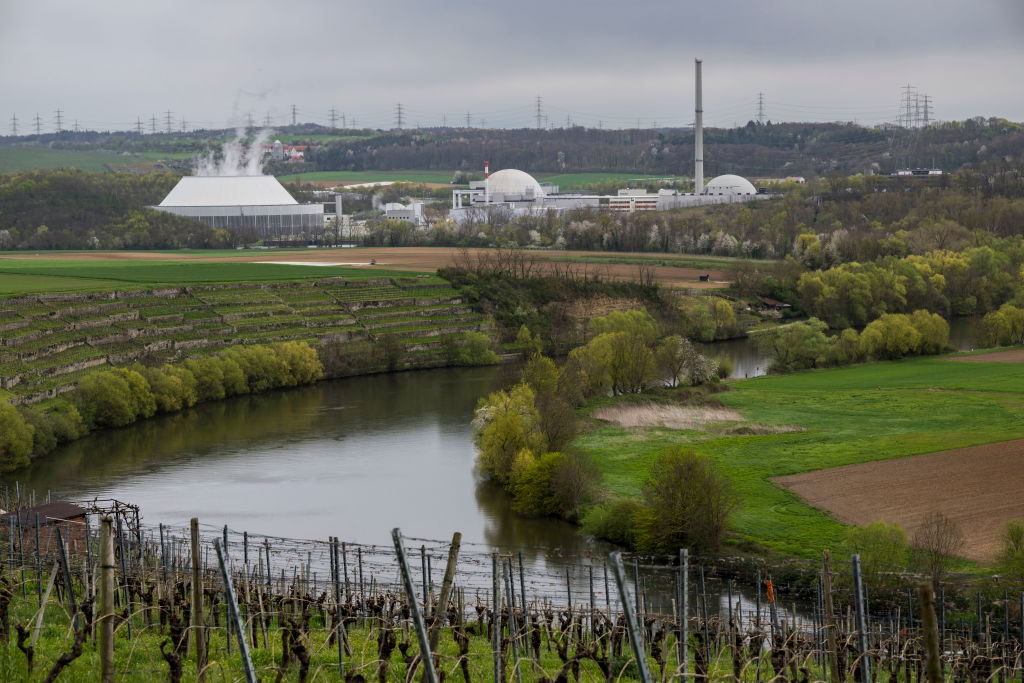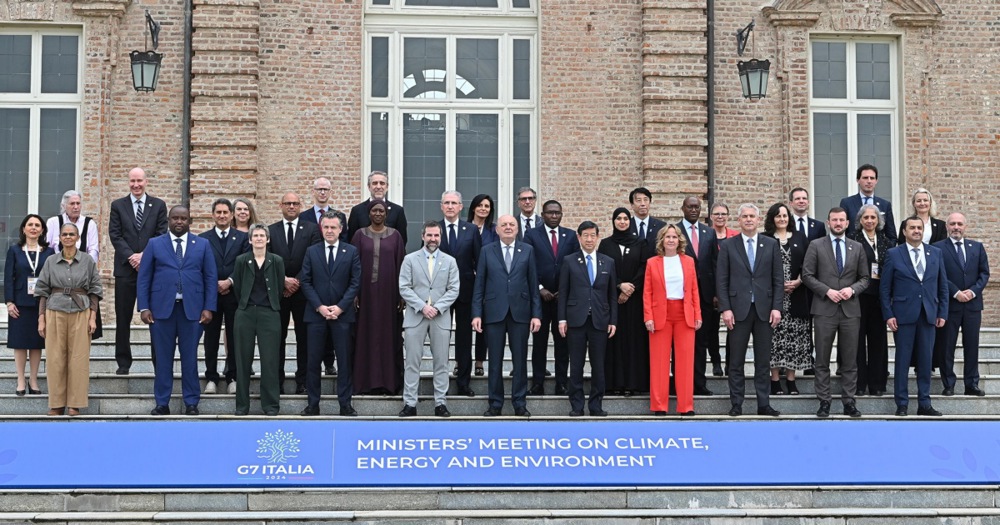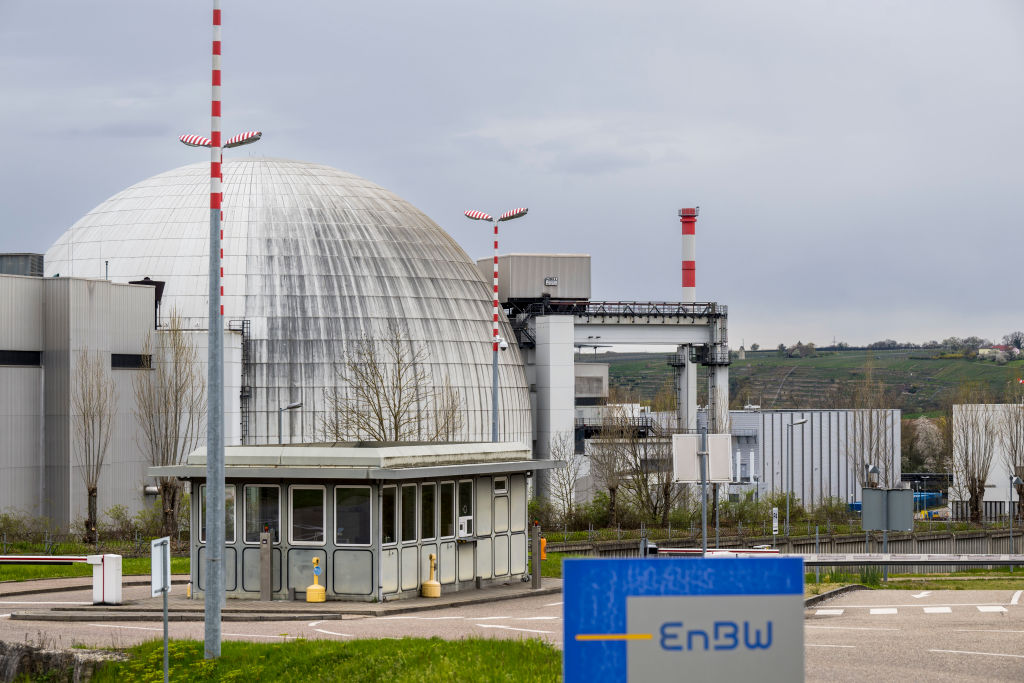Chancellor Friedrich Merz’s new government has dropped Germany’s opposition at the EU to nuclear power.
Berlin will cease to block French efforts to treat nuclear power on par with renewables, German and French officials told the Financial Times. France relies on nuclear power more than any country in the world, with roughly 70 per cent of its electricity coming from the country’s 56 nuclear reactors.
This decision by the Merz’s new CDU/CSU-led government resolves a long-simmering dispute in EU energy policy.
Previously, Germany – along with Austria, Portugal, Denmark, and the Netherlands – had for years opposed classifying nuclear power as “sustainable” at EU level.
Nuclear energy was thus not included as a sustainable economic activity in the EU Taxonomy for Sustainable Finance.
This classification system was designed to guide investments towards economic activities in line with the EU’s climate and environmental goals.
Accordingly, investing in nuclear energy was disadvantaged by EU law.
The change in policy from Berlin is part of a broader effort by Merz to intensify co-operation between France and Germany.
This closer relationship could also, he hopes, see Germany join France’s nuclear shield as a deterrent against future aggression by Russia.
A new pro-nuclear stance from Germany has opened the path to make investments into nuclear energy more attractive, news which has thrilled pro-nuclear advocates.
Björn Peters, an energy consultant, called the move “a major shift in German nuclear policy” and hailed the new German government for “giving up on cheap anti-nuclear propaganda towards its neighbours”.
Johan Christian Sollid, a Danish pro-nuclear campaigner, said Germany’s anti-nuclear stance would not be missed.
Germany’s turnaround marks the latest in a series of pro-nuclear policy shifts in EU member states.
Just last week, the Danish parliament voted to overturn a 40-year-old ban on nuclear power in the Nordic country.
Belgium recently also announced an end to its nuclear phase-out.
In Spain, nuclear power station operators have said they would keep their plants running longer – increasing pressure on the government to abandon the country’s phaseout.
This now leaves only Austria as a last bastion of anti-nuclear government policy in the EU.
However, while the official German position on nuclear power in the EU has changed, there are no signs Merz plans to reactivate any of the country’s own nuclear power plants.
These plants were shut down and in several instances partly destroyed since former chancellor Angela Merkel abruptly announced an end to nuclear power in Germany in 2011.
Merz has criticised this nuclear phaseout in the past.
However, in January 2025 he said that a reactivation of some of the stations would “most likely not be feasible”.
The CDU-SPD coalition agreement also does not mention nuclear power plants, even though many within the CDU have clamoured for a return to nuclear power.
Nevertheless, the pressure for a nuclear revival in Germany is mounting.
On May 22, pro-nuclear organisations are holding a conference in Berlin, with the aim of putting the topic on to the political agenda.
Surveys show a majority of Germans want a return to nuclear power as well.





